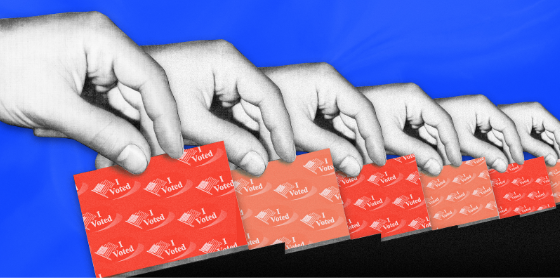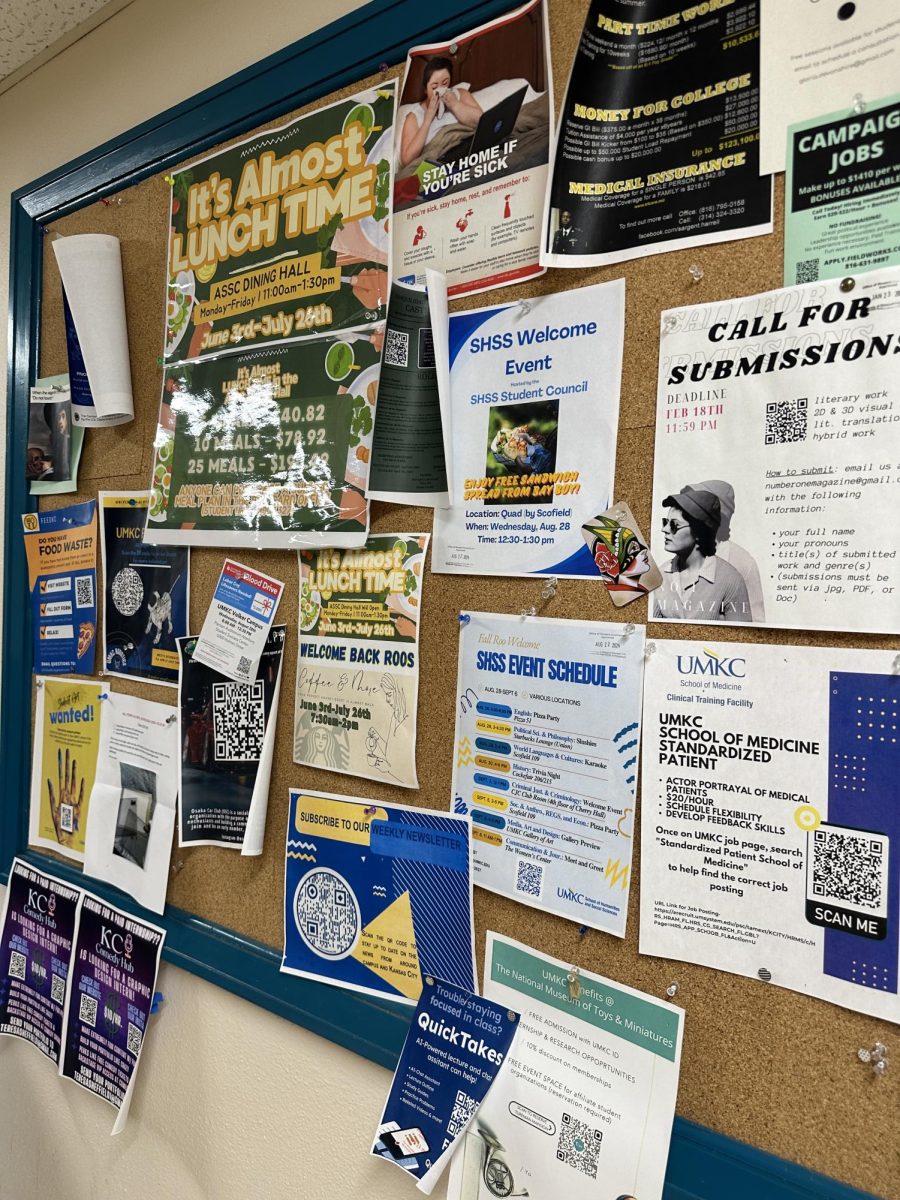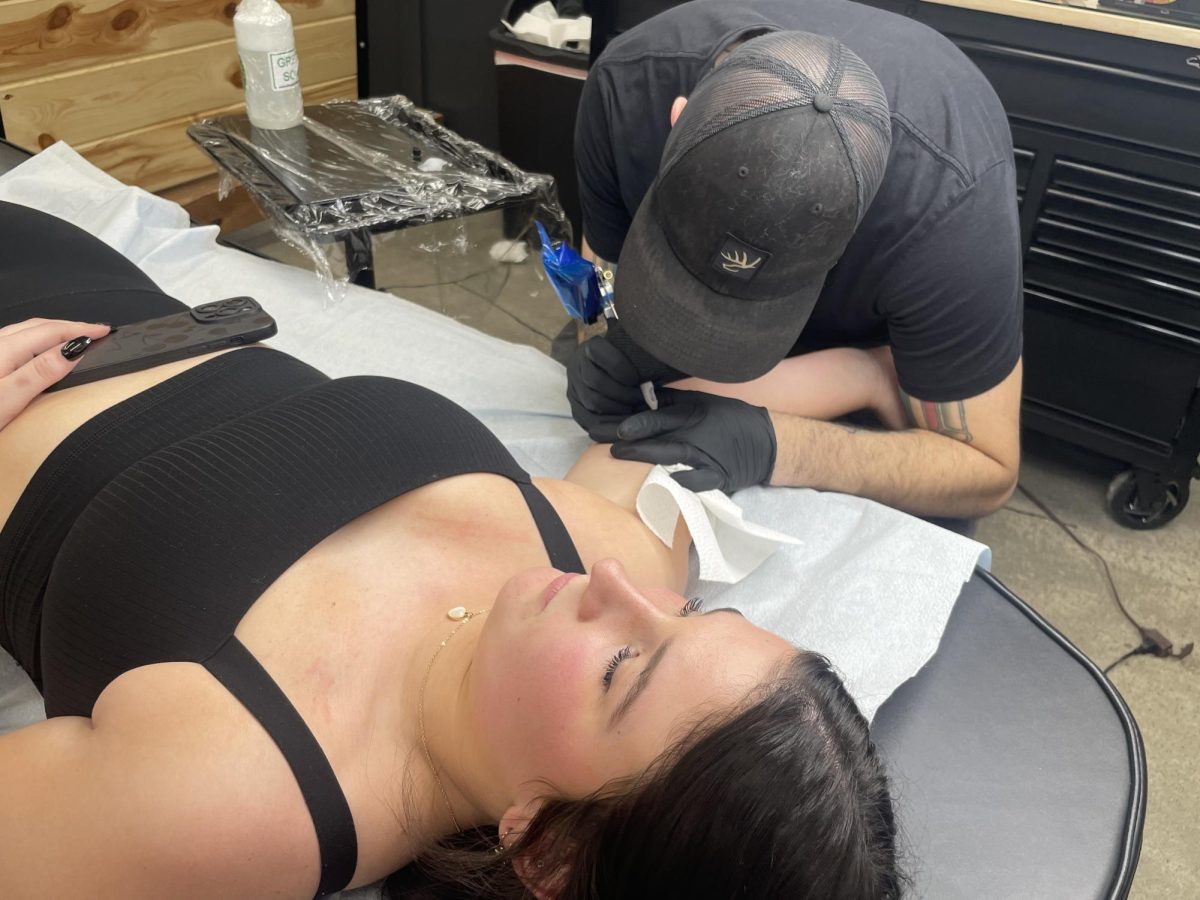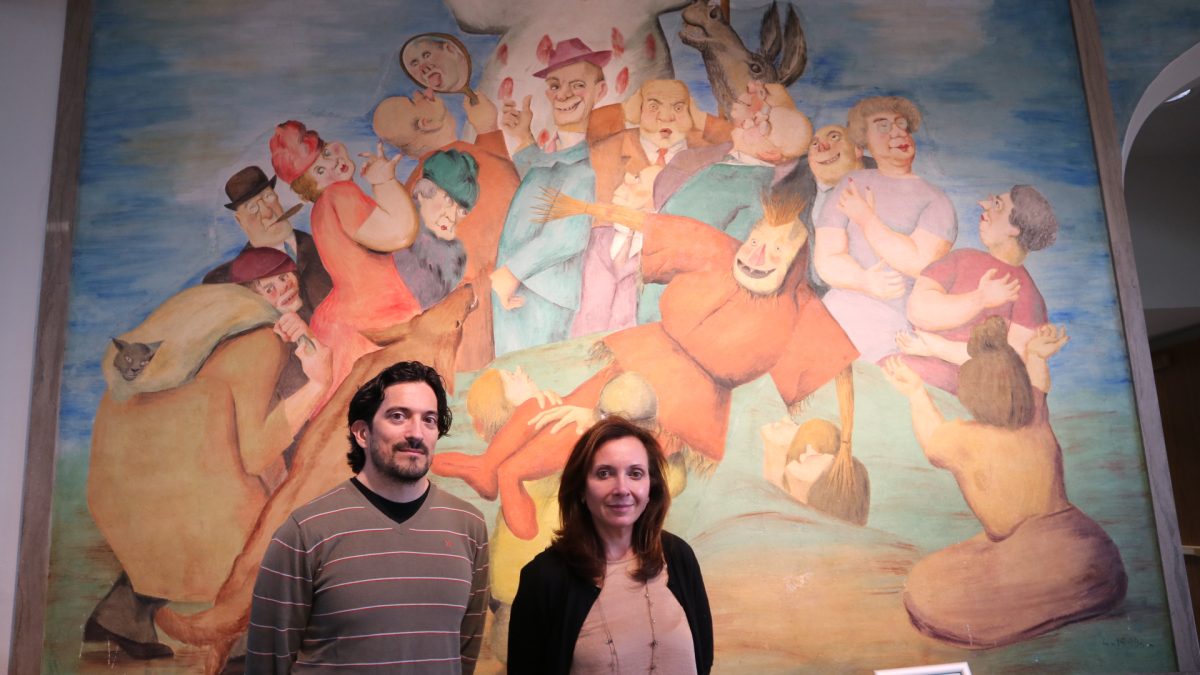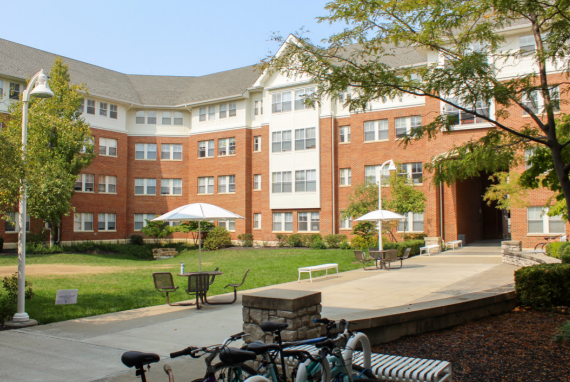Is voting important to young people? Considering that less than 20% of voters that cast a ballot on Super Tuesday were under the age of 30, the answer is often no.
This trend seems to be mirrored by UMKC students too. When asked, many students questioned by UNews said they were “not interested” and “too busy” to head to the polls. Out of the students spoken to, only one indicated their intent to vote.
Junior Matthew Rhoades, a political science major, said he would vote because it’s his civic duty.
“If we don’t exercise our civic duty, we lose the basis of what our republic is based on,” Rhoades said.
Despite the contentious Democratic Party race, most young voters remain unmotivated. According to Politifact, young voters (defined as those between 18 and 29 years old) made up less than 16% of the total participating vote in many Super Tuesday states.
It may be the case that young people choose not to vote because they do not understand the primary process. Much like the federal election, the popular vote does not decide the winning candidate in primaries. Rather, candidates must secure a majority of their party’s delegates, which is usually determined by the proportion of voters won in the state.
The history of the primary process is important to understand this. Previously, delegates were not required to vote the way their state did. This changed, however, following outrage during the 1968 Democratic Convention.
“In 1968, Robert F. Kennedy was leading the Democratic race but was assassinated before the nomination was decided,” said UMKC political science professor Dr. Elizabeth Vonnahme. “At the 1968 convention, the leaders of the Democratic Party chose Hubert Humphrey as the nominee. Humphrey had not run in any primary contests, whereas other candidates had competed. This led to protests. The Democratic Party then revised nomination procedures to make the nomination process public and the decisions by the public binding.”
The Republican party soon accepted this change as well, and now both parties have bound delegates, whose votes correspond with their state primary. The Democratic party still maintains a controversial internal control method on the nomination process, via superdelegates, a practice that was decried by many Sanders supporters in 2016. Previously handpicked party members who were allowed to vote in whatever way they see fit, superdelegates may now only cast ballots if a candidate does not receive a majority of delegates at the nomination convention, a change resulting from the 2016 pushback.
If you are interested in voting, be sure to correctly identify your polling place, which can be found at https://s1.sos.mo.gov/elections/voterlookup/ for Missouri voters and https://myvoteinfo.voteks.org/VoterView/RegistrantSearch.do for Kansas voters.
ccwykr@mail.umkc.edu


